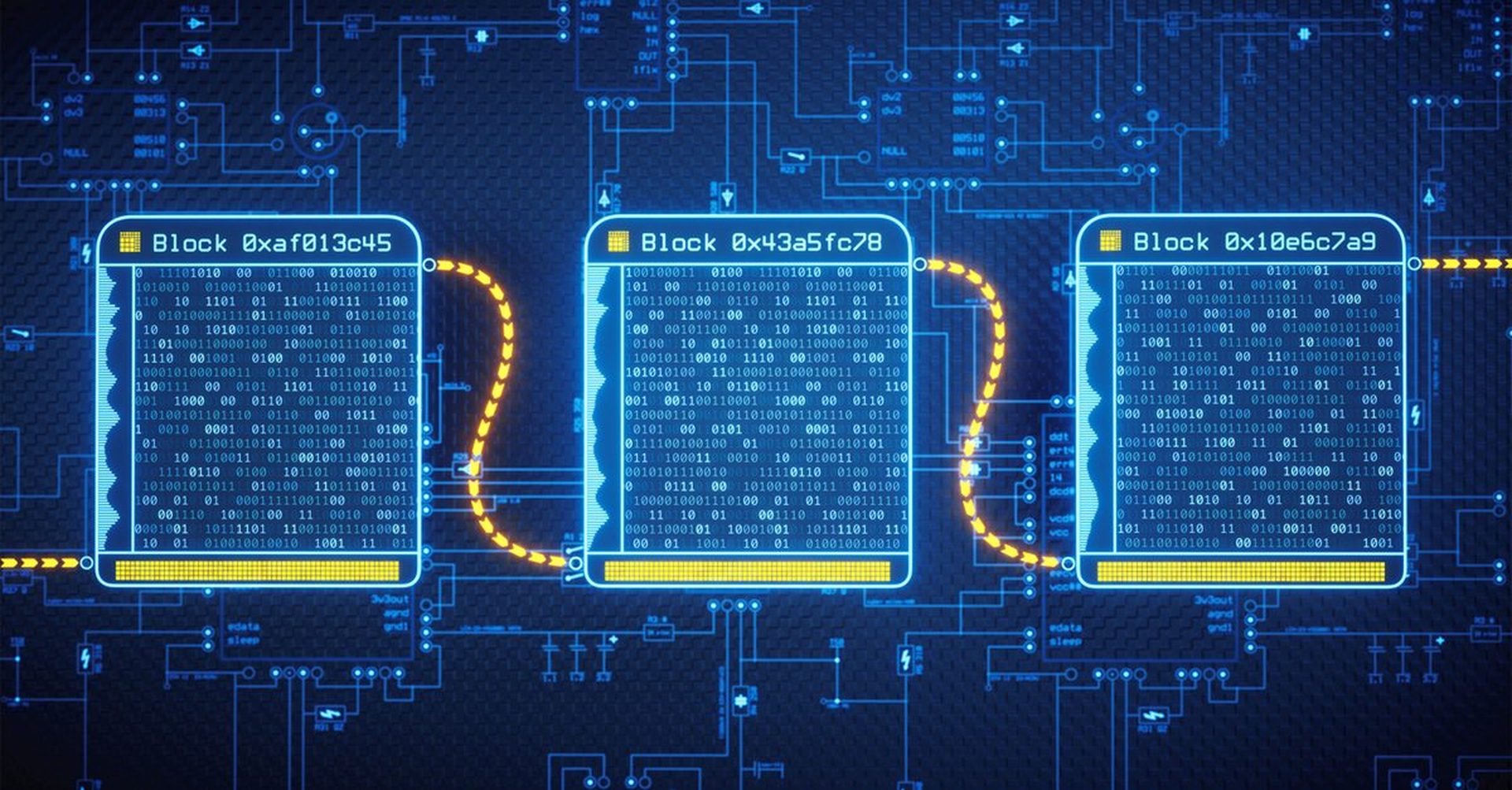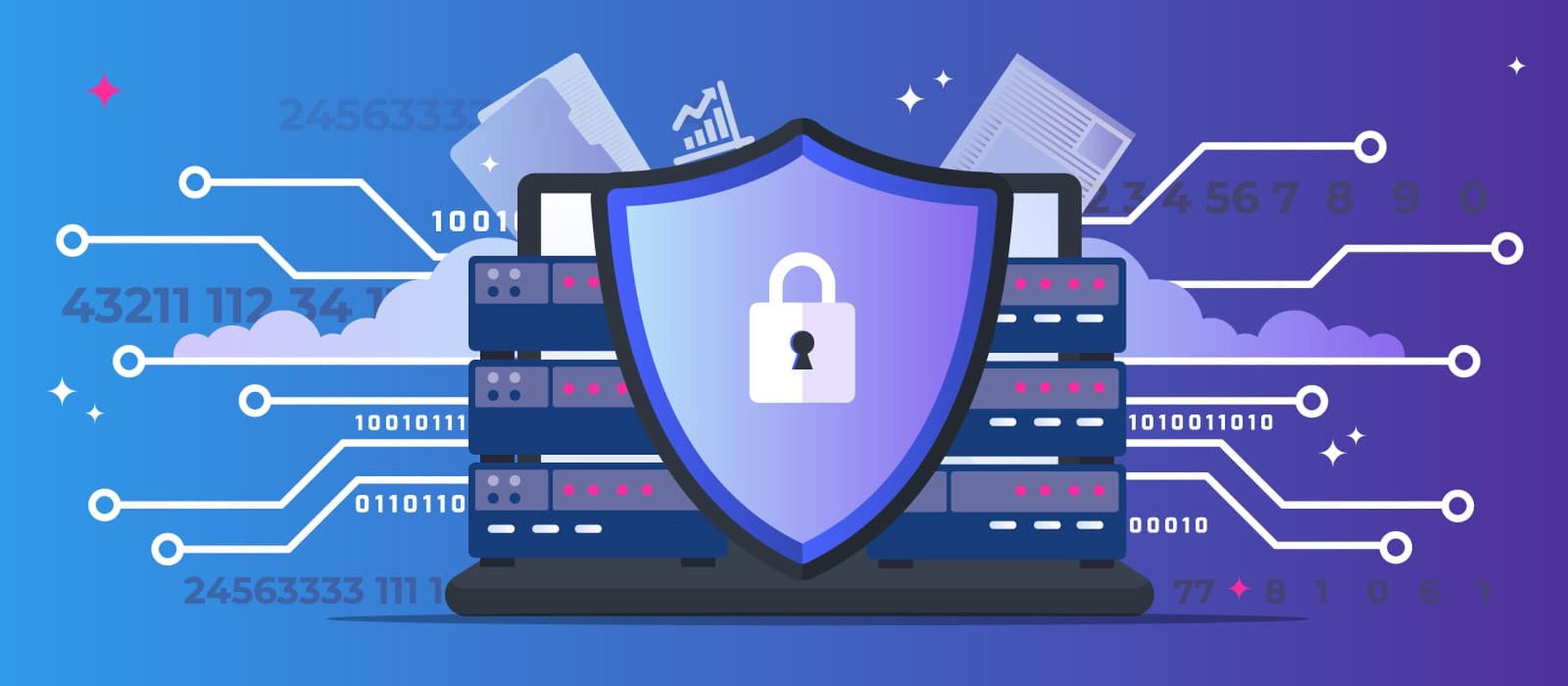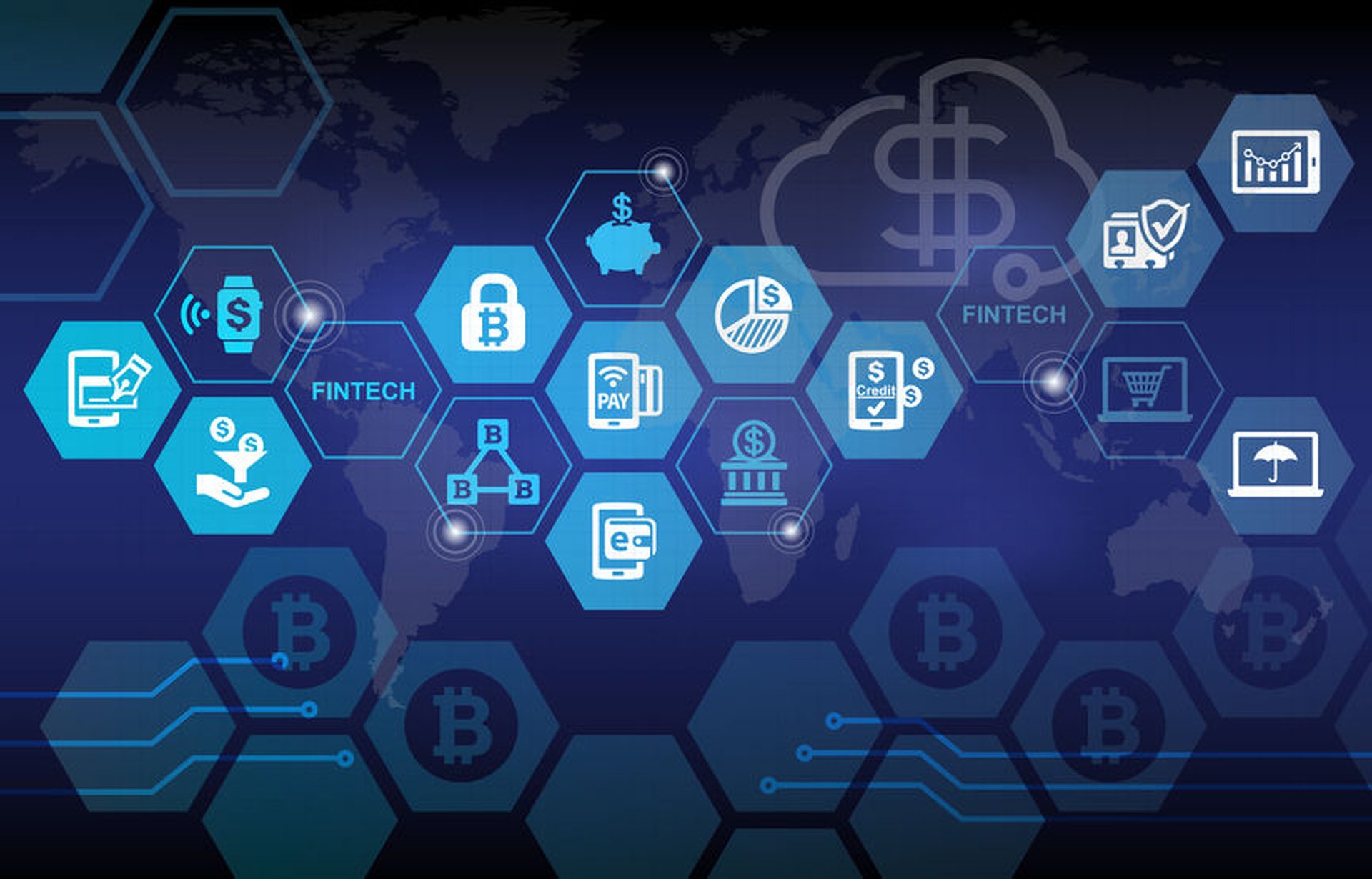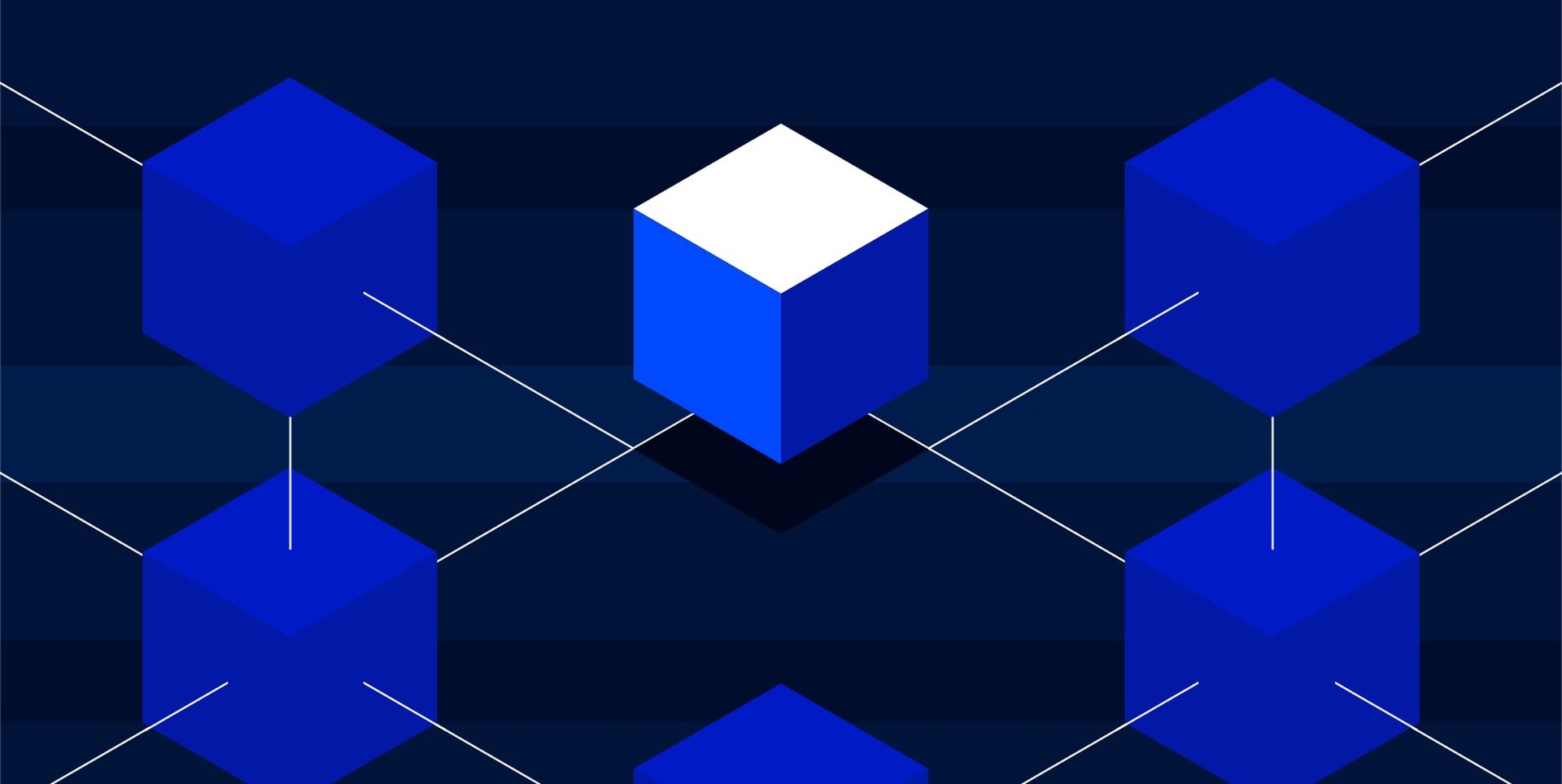All disadvantages and advantages of blockchain technology were covered in this article. Blockchain technology is marketed as a paradigm-shifting invention that principally offers security levels never before seen. As a result, it is a technology that is amazingly versatile and is needed and desired by all businesses,
Here is a selection of the best blockchain books, blockchain alternatives, and blockchain platforms to help you comprehend before we start. Also, if you wonder about blockchain cloud storage or everything about blockchain developers, we have already explained it.
Table of Contents
Advantages of blockchain technology
Blockchain technology is developing swiftly, and this trend won’t stop anytime soon. Many things that seemed implausible in the last few decades—like high transaction costs, double spending, net fraud, recovering lost data, etc.—turned out to be real. With the advancement of blockchain technology, all of this may be prevented. Secure information sharing is the most typical use case for blockchain technology, according to Statista.
Some of the best advantages of blockchain technology include:
- Efficiency
- Faster processing
- Traceability
- Auditability
- Transparency
- Security
- Cost reduction
- Free from censorship

Blockchain technology is revolutionary, and everyone who chooses to use it will discover it. So let’s discuss some advantages of blockchain:
Efficiency
The conventional paper-based system needs third parties to mediate and is prone to human error, which adds to the effort required to execute a transaction.
Blockchain can reduce error-proneness, quicken and regulate these outmoded procedures, and improve trade efficiency. There is only one ledger. Hence there is substantially less clutter because parties don’t need to maintain numerous records.
Having access to the same information also makes it easier to develop trust. With no middlemen involved, settlements may be made quickly and easily.
Faster processing
When blockchain technology was created, it greatly increased transaction speed compared to how long it took the traditional banking industry to complete and initiate the transaction.
Before blockchain technology, the banking process took roughly three days to complete. But once it was put into practice, the time was down to minutes or even seconds.
Traceability
Tracing items back to their origins in intricate supply chains can be difficult. The exchanges of items are monitored via blockchain, providing you with an audit trail to find out where a given item was purchased.

Furthermore, you are informed of every stop the merchandise made on the way. This level of product tracking can help customers verify the integrity of the product and thwart fraud.
Auditability
The audit trail that emerges as a result of each transaction is permanently recorded on the blockchain allowing you to see and confirm the veracity of your asset.
Transparency
Transaction histories are now more transparent than ever, thanks to blockchain technology. Due to the fact that the documentation is a specific type of distributed ledger, every node in the network has a copy of it. The information on a blockchain ledger is easily accessible to anyone.
If a transaction history is altered, everyone in the network will be aware of the modification and the new version of the record. Therefore, all information relating to currency exchange is available to everyone.
Security
Blockchain technology uses higher levels of security than earlier platforms or record-keeping systems. All documented transactions shall be agreed upon by consensus. Each transaction is encrypted and correctly connected to the one before it using a hashing technique.

Further enhancing security is that every transaction performed on the network has a copy on each node. Other nodes will consequently reject his request to write transactions to the network, making it impossible for a malicious actor to change the transaction in the future.
Cost reduction
Blockchain drastically lowers business costs thanks to the lack of intermediaries and third parties. Because you can place your faith in the trading partner, you don’t need anyone else to establish the terms and conditions of exchange. The time and money spent on paperwork and its revisions are decreased by enabling everyone to access a single, unchangeable version of the ledger.
Free from censorship
Blockchain technology is free from censorship because it is not controlled by any one party, thanks to the idea of trustworthy nodes for validation and consensus processes that approve transactions utilizing smart contracts.
Spotlight: Advantages of blockchain in accounting
What advantages does blockchain have for accountants today? The advantages of blockchain in accounting are as follows:
- Less frequent fraudulence
- Time-saving
- Data security
- Allow for skill development
- Business model effects as a result
- Bring in new clients

Which industry can benefit from blockchain?
Despite its drawbacks, blockchain technology is becoming more widely available across businesses due to its effectiveness in organizing data.
The following are some sectors that stand to gain significantly from blockchain technology:
- Law enforcement and security
- Healthcare
- Supply chains
- Energy sector
- Software security
- Real-estate
- Media
- Trade finance
- Government
- Messaging apps
- Travel and mobility
- Logistics
- Product development
- Higher education
- Blockchain in HR
What are the advantages of blockchain over a central server system?
Addition the above benefits, here are the advantages of blockchain over a central server system that we want to highlight:
- More secure
- More transparent
- More available

What do they mean for us?
More secure
When enough users utilize your blockchain, the likelihood of fraudulent transactions essentially disappears. The cost of making a phony database entry is probably not worth it due to how difficult it is to do so.
Thus, blockchains are very effective in fields like banking, where maintaining the integrity of your database is crucial.
More transparent
Every transaction ever made is recorded on the blockchain. For occasions like an audit, accessing a complete history of the database’s status at any time is quite helpful.
More available
Centralized databases are limited to one location and are prone to failure.
However, because blockchains are spread across numerous computers, they practically never fall offline. It’s improbable that cryptocurrencies like Bitcoin would stop functioning thanks to the blockchain.
As long as other servers are operating the database outside of their authority, this also means that no single government or organization can outlaw the blockchain.
Disadvantages of blockchain
Blockchain is not without its flaws and problematic traits, as many blockchain solutions are still in the early stages of development.
Some of the most prevalent disadvantages of blockchain are as follows:
- Privacy
- Private keys
- Regulations
- Security
- Scalability
- Power use
- Storage
Privacy
Access to encrypted and anonymous data on a public blockchain is available to all network nodes. Therefore, each member of the network has legal access to this data. In the same way that businesses normally use web trackers, cookies, and other tracking technologies, transactional data may be used to identify a person within the network.
Private keys
Sufficient security can also be a problem in the case of private keys, as has been mentioned multiple times. These keys are difficult to recover if lost, which poses a problem, especially for people who own important cryptographic items.
Regulations
Blockchain use in the banking industry is challenging due to regulatory restrictions. Blockchain applications will need to include instructions on locating the fraudster if one happens. First, new regulatory regulations must be set before blockchain technology is extensively used.
Security
The Proof of Work consensus technique protects cryptocurrencies like Bitcoin on the blockchain and has proven incredibly effective over time. Although many potential techniques exist to attack blockchain networks, the most common is probably 51% of attacks.
If one party acquires control of more than 50% of the network’s hashing power, such an assault might happen. In that situation, they would have the ability to deliberately omit or change the sequence of transactions, which would disrupt the network.
Scalability
Investors in Bitcoin seem to really enjoy blockchain applications. In contrast to Hyprledger’s 10,000 and Visa’s 24,000 transactions per second, it can only handle seven transactions per second. It becomes increasingly challenging to imagine how blockchain could be used in practice when scalability is a concern.
Power use
Blockchain uses a fair amount of electricity as a result of mining processes. Each time a new node is established, it concurrently connects with every other node to maintain a real-time ledger. It is one of the causes of its utilization.
Storage
Because blockchain databases are retained continuously on all network nodes, the storage issue emerges. Personal computers cannot store an infinite amount of data continuously added as the volume of transactions increases.
Why blockchain is the future?
By 2022, at least one cutting-edge blockchain-based business will have a $10 billion market cap. By 2026, blockchain technology will provide an additional $360 billion to the global economy, and by 2030, it will have added more than $3.1 trillion.

A trustworthy, unrestricted, and open global data and information repository will be created using blockchain technology. The third generation of the internet will be developed under the direction of this characteristic.
The internet currently controls everything in the world, and it always will. What powers the internet in this perspective also powers the future. The future is blockchain because of this.
Conclusion
By 2022, at least one cutting-edge blockchain-based business will have a $10 billion market cap. By 2026, blockchain technology will provide an additional $360 billion to the global economy, and by 2030, it will have added more than $3.1 trillion.
A trustworthy, unrestricted, and open global data and information repository will be created using blockchain technology. The third generation of the internet will be developed under the direction of this characteristic.
The internet currently controls everything in the world, and it always will. What powers the internet in this perspective also powers the future.










